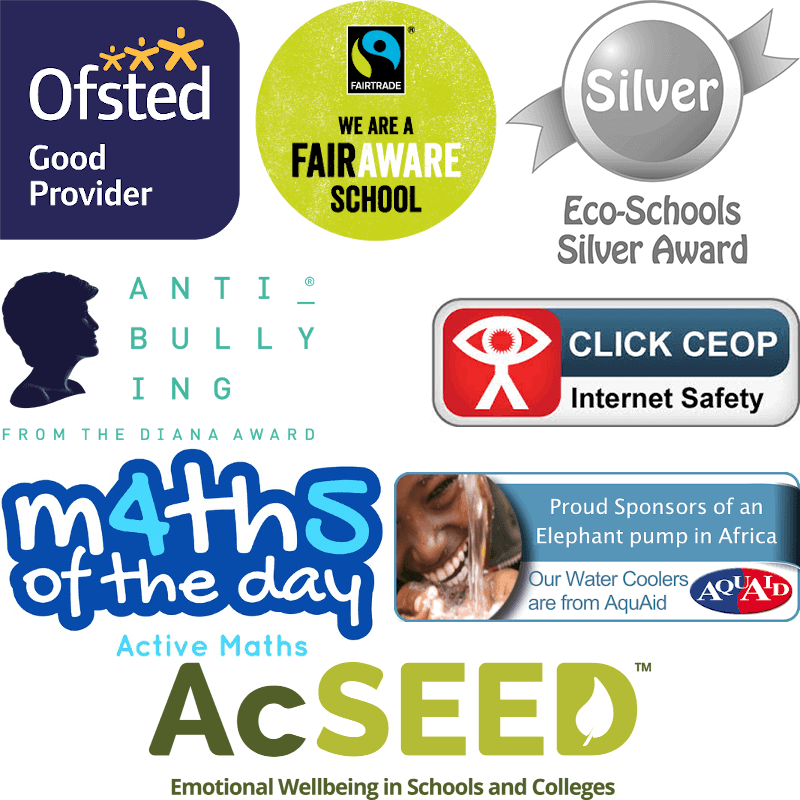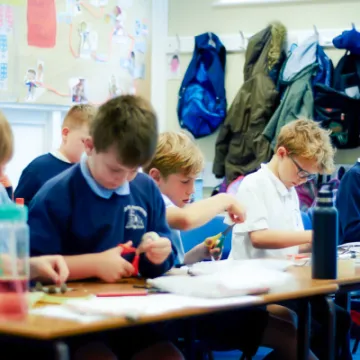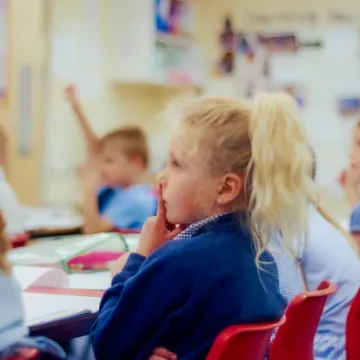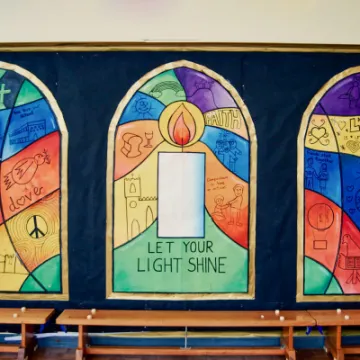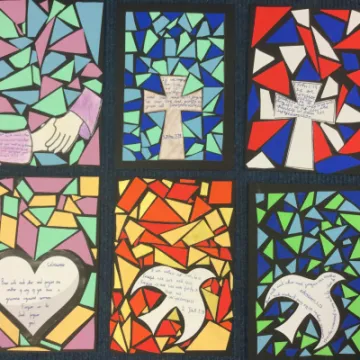RE
Religious Education
Design – At Audlem we try to equip pupils with systematic knowledge and understanding of a range of religions and worldviews, enabling them to develop their own ideas, values, and identities. We try to develop in pupils an aptitude for dialogue so that they can participate positively in society with its diverse religions and secular and non-religious worldviews. Pupils will gain and deploy the skills needed to understand, interpret, and evaluate texts, sources of wisdom and authority and other evidence. They will learn to articulate clearly and coherently their personal beliefs, ideas, values, and experiences while respecting the right of others to differ. The curriculum for Religious Education should aim to ensure that all pupils know about and understand a range of religions and non-religious worldviews, so that they can know about and understand a range of religions and non-religious worldviews, so that they can. Express ideas and insights about the nature, significance and impact of religions and non-religious worldviews, so that they can. Gain and deploy the skills needed to engage seriously with religions and non-religious worldviews.
Delivery – At Audlem, we follow the Handbook to Religious Education in Cheshire East and Diocese of Chester planning too. The RE curriculum enables pupils to acquire a rich, deep knowledge understanding of a Worldview Approach. It aims to engage and challenge our pupils through an exploration of core concepts and questions and equip them with the skills to interpret the knowledge. It is based upon 6 key sticky threads. Within R.E. we try to ensure children are able to develop their substantive, disciplinary and personal knowledge so they can explore different faiths. Each concept/theme is built on progressively from Reception to Year 6. Links are also made to the national Understanding Christianity project. The concepts that are linked to the cycle of the Church's Year are Incarnation, Salvation, Resurrection and Holy Spirit. Each concept study includes enquiry questions and essential knowledge. To meet the statement of Entitlement (February 2019) our main focus is Christianity, whilst taking account of the other principal religions in Great Britain.
Achievement – We believe that the impact of using the Handbook to Religious Education in Cheshire East and the Diocese of Chester planning as the basis of our RE curriculum will be for children to have a better understanding of the religions that make up the UK landscape and how they can learn from and work alongside each other to create community cohesion. All children will be more informed about their position in the world and the decisions they can make that influence their future. All children in school will be able to talk confidently about their well-being, moral and cultural development for the society in which they live. The RE curriculum will promote inquisitive minds, respect, tolerance and understanding for all those around them including themselves. Our plans enable high quality work to be produced and evidenced, showcasing a deep understanding of the main religions of the world, their community and their future. This evidence will be seen through using the correct vocabulary, explanations and respectful opinions, as well as cross curricular evidence, for example, religious and cultural art work, drama, craft and presentations. Impact will be seen by all teachers and children enjoying the experience of teaching and learning RE and understanding how it can help them in their future.
Our Partners
